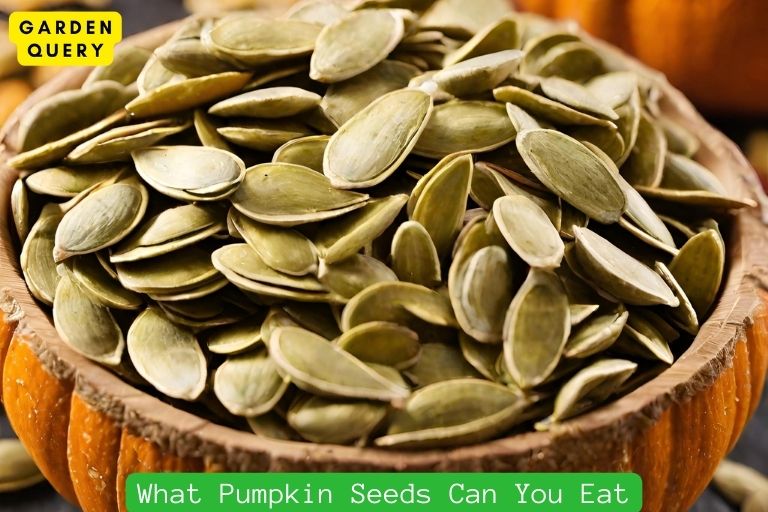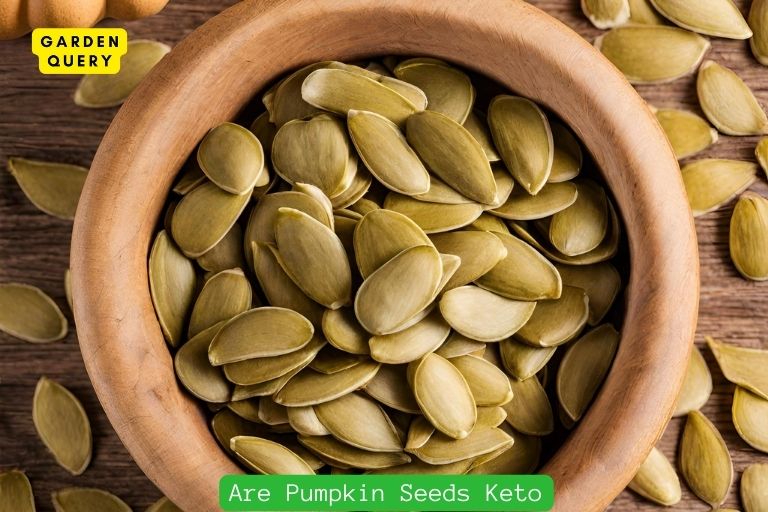How Much Pumpkin Can A Puppy Eat?
How Much Pumpkin Can A Puppy Eat
Why is pumpkin beneficial for puppies?
Pumpkin is a highly nutritious and fibrous food that can offer several benefits for puppies. It is packed with essential vitamins, minerals, and antioxidants that support their overall health and wellbeing. Pumpkin is also known to be a great source of fiber, which aids in digestion and can help relieve constipation in puppies. Additionally, pumpkin is low in calories and fat, making it an ideal treat for puppies who are watching their weight. The high water content in pumpkin can also help keep your puppy hydrated. Overall, incorporating pumpkin into your puppy’s diet can contribute to a healthy and balanced meal plan.

Recommended serving sizes for puppies
When it comes to feeding your puppy pumpkin, it’s important to start with small amounts and gradually increase the serving size. This allows their digestive system to adjust to the new food. As a general guideline, it is recommended to feed your puppy about 1 to 2 tablespoons of plain, canned pumpkin per day. You can mix the pumpkin with their regular food or serve it as a standalone treat.
Smaller breeds may require less pumpkin, while larger breeds may need a bit more.
It’s crucial to avoid serving your puppy pumpkin pie filling, which often contains added sugars, spices, and other ingredients that can be harmful to dogs. Stick to plain, canned pumpkin without any additives or sweeteners.
Nutritional Benefits of Pumpkin for Puppies
When it comes to feeding our furry friends, it’s important to understand what foods are safe and beneficial for them. One common ingredient that many pet owners incorporate into their dog’s diet is pumpkin. But how much pumpkin can a puppy eat?
High-fiber content and its effects on digestion
The fiber aids in digestion and can help prevent constipation or diarrhea. It acts as a natural stool softener, making it easier for your puppy to have regular bowel movements. Additionally, the high fiber content can help with weight management, as it promotes a feeling of fullness and can reduce overeating.
Vitamins and minerals found in pumpkin
It contains a significant amount of vitamin A, which supports healthy vision and immune function. Additionally, pumpkin is rich in potassium, which is essential for proper muscle and nerve function. Other vitamins found in pumpkin include vitamin C, vitamin E, and various B vitamins, all of which contribute to your puppy’s overall well-being.
Too much pumpkin can lead to digestive upset, so it’s important to introduce it gradually and observe how your puppy responds. As a general guideline, you can offer 1-2 tablespoons of canned or cooked, pureed pumpkin per day for small to medium-sized puppies.
In conclusion, incorporating pumpkin into your puppy’s diet can provide various nutritional benefits. The high fiber content promotes healthy digestion, while the vitamins and minerals support overall health.
Safety Precautions When Feeding Pumpkin to Puppies
Possible allergies and sensitivities
While pumpkin is generally safe for dogs, some puppies may experience digestive issues or allergic reactions.
They can help determine if your puppy has any known allergies or sensitivities that may be exacerbated by pumpkin consumption.
Proper preparation and cooking methods for pumpkin
- Choose a ripe pumpkin: Select a pumpkin that is ripe and free from any signs of mold or damage.
- Wash and peel the pumpkin: Thoroughly wash the pumpkin to remove any dirt or debris. Peel the pumpkin using a vegetable peeler or knife.
- Remove the seeds and pulp: Cut the pumpkin in half and scoop out the seeds and pulp using a spoon. These parts can be a choking hazard for puppies and should be discarded.
- Cook the pumpkin: You can either steam, boil, or bake the pumpkin until it’s soft and easily mashed. Avoid adding any seasonings, oils, or sugars, as these can be harmful to your puppy.
- Mash or puree the pumpkin: Once the pumpkin is cooked, mash or puree it using a fork, blender, or food processor. The consistency should be smooth and easy for your puppy to consume.
- Introduce gradually: Start by adding small amounts of pumpkin to your puppy’s regular food. Monitor their reaction and gradually increase the amount over time if there are no adverse effects.
Remember, pumpkin should only be used as a supplement to your puppy’s balanced diet and should not replace their regular dog food.
Incorporating Pumpkin into a Puppy’s Diet
Whether you are looking to add more fiber to their meals or help with digestive issues, pumpkin is a natural and healthy option.
Adding pumpkin to puppy food
Start by adding a small amount, around a teaspoon, and gradually increase the serving size over time. This gradual introduction will allow their digestive system to adjust to the new addition. Pumpkin can help regulate bowel movements and alleviate issues such as diarrhea or constipation. It is important to use plain, pureed pumpkin without any added sugars or spices.
Alternative ways to offer pumpkin to puppies
In addition to mixing pumpkin with their food, there are other creative ways to incorporate this nutritious vegetable into a puppy’s diet. One option is to freeze the pumpkin puree into small cubes. These can be served as a refreshing and healthy treat on hot days or used as rewards during training sessions. Another alternative is to mix pumpkin puree with plain yogurt and freeze it in silicone molds. These frozen pumpkin-yogurt treats are not only delicious but also provide probiotics for gut health.
It’s important to note that while pumpkin offers many health benefits, it should still be consumed in moderation. Consult with your veterinarian about the appropriate amount of pumpkin to incorporate into your puppy’s diet, especially if they have any specific dietary needs or health concerns.
Pumpkin as a Solution for Digestive Issues in Puppies
If you’re a puppy owner, chances are you’ve dealt with digestive issues at some point. Whether it’s diarrhea or constipation, these problems can be distressing for both you and your furry friend. One solution that many pet owners swear by is pumpkin.
Treating diarrhea and constipation with pumpkin
It contains soluble fiber, which helps to absorb excess water in the intestines and firm up loose stools. Additionally, pumpkin provides a gentle laxative effect, promoting regular bowel movements in constipated puppies.
When using pumpkin to treat diarrhea, it’s important to choose plain canned pumpkin without any added spices or sweeteners. Remember to consult your veterinarian if the diarrhea persists or worsens.
Again, start with a small amount and gradually increase if necessary. However, if your puppy’s constipation doesn’t improve or they show signs of discomfort, consult your veterinarian for further guidance.
Pumpkin for regulating a puppy’s bowel movements
Even if your puppy doesn’t have any digestive issues, incorporating pumpkin into their diet can help regulate their bowel movements.
Gradually increase the quantity over time, until they are consuming about 1 to 2 tablespoons per day. This will provide them with the benefits of pumpkin while maintaining a balanced diet.
It’s important to consult with your veterinarian before making any dietary changes, especially if your puppy has a history of digestive issues or any other underlying health conditions.
Consulting a Veterinarian
Pumpkins are a popular treat for humans, especially during the fall season. But can puppies enjoy this tasty gourd as well?
When to consult a vet about feeding pumpkins to puppies
However, there are specific situations where seeking professional advice is especially important:
- Puppy’s age: Young puppies have delicate digestive systems that may not tolerate pumpkin well. Consulting a vet will help determine if your puppy is old enough to safely enjoy this treat.
- Existing medical conditions: Puppies with certain medical conditions, such as diabetes or gastrointestinal issues, may require a specialized diet. A veterinarian can evaluate your puppy’s health and advise on the suitability of pumpkin consumption.
- Allergies: Some puppies may develop allergies or sensitivities to certain foods, including pumpkins. A vet can help identify any potential allergies and guide you in making appropriate dietary choices.
Professional advice regarding appropriate pumpkin intake
The amount of pumpkin a puppy can safely consume depends on various factors, including their age, size, and overall health.
Vets may recommend the following:
- Start with small portions: Introduce pumpkin gradually into your puppy’s diet, starting with small amounts to see how their digestive system responds.
- Monitor for any adverse reactions: Keep an eye out for any signs of digestive upset, such as diarrhea or vomiting, which may indicate that the pumpkin is not agreeing with your puppy.
- Stick to moderation: While pumpkins are generally safe for puppies, too much can cause an upset stomach. Ensure that pumpkin treats are given in moderation and as part of a balanced diet.
Remember, every puppy is unique, and professional advice tailored to your specific pet is essential.
- Best Therapists In Dallas - February 1, 2024
- Holly Willoughby Husband: Holly Willoughby’s Love Story - January 30, 2024
- Holly Willoughby Dress: 5 Style Secrets and 7 Must-Know Career Milestones - January 30, 2024





